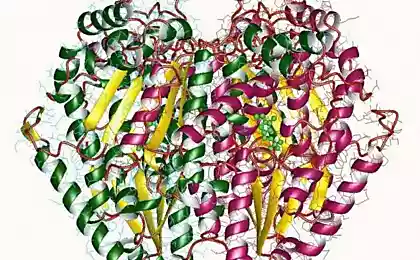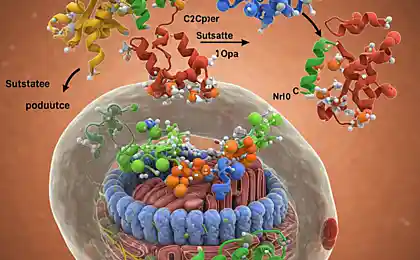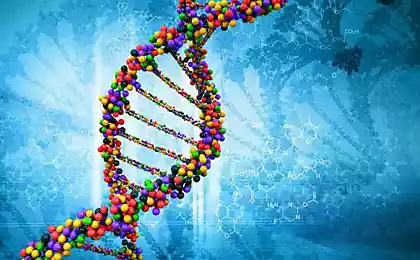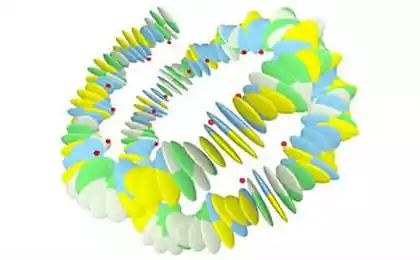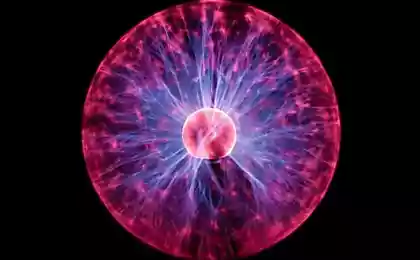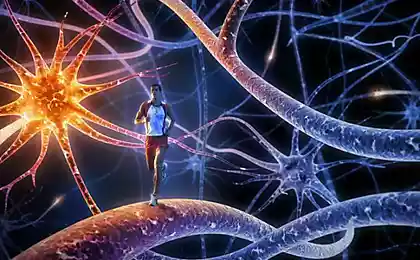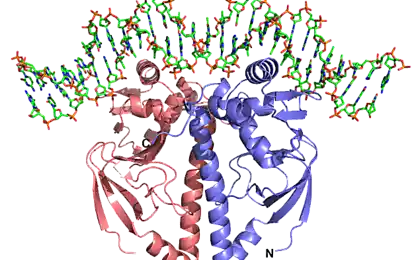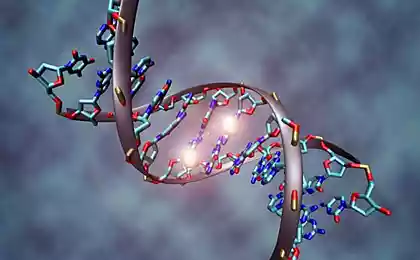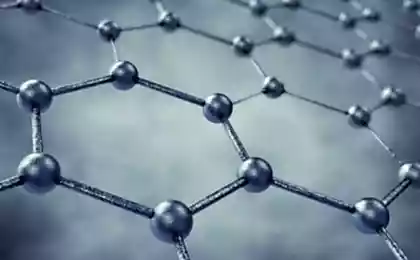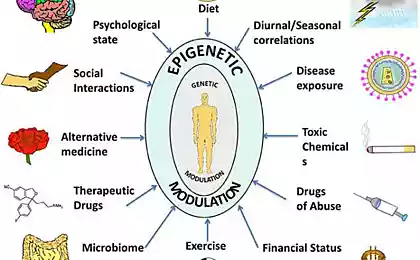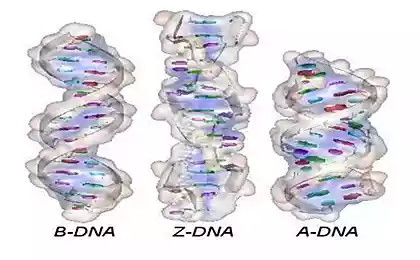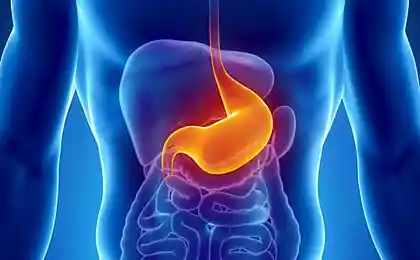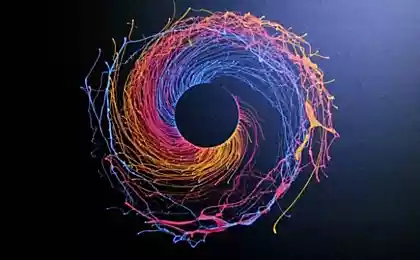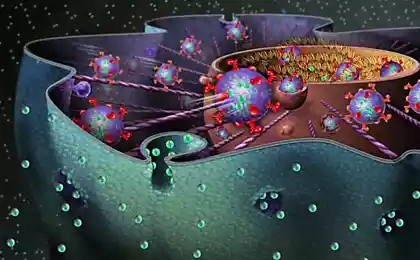492
Life without DNA and RNA artificial enzymes that will lead to the emergence of new organisms
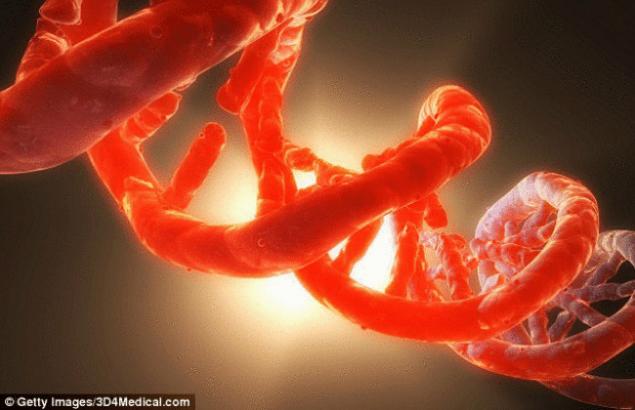
For the first time scientists were able to create synthetic enzymes — the vital substances necessary to maintain the many processes in the body. Enzymes were obtained from artificial genetic material that does not exist in nature. The invention promises a real breakthrough in the field of drug development.
Artificial enzymes created by the specialists of the Medical research Council (MRC), made of molecules, which are not found anywhere in nature. Synthetic enzymes have shown a remarkable ability to catalyze chemical reactions in vitro.
The study gives new insights on the origin of life and could be a starting point to create an entirely new generation of medicines and diagnostics.
Synthetic XNA molecules capable to store and transmit genetic information as does DNA. Using laboratory ksenodoxeiou acid as building blocks, the research team created the enzymes XNAzymes facilitating simple reactions such as cutting or spike small pieces of RNA like their natural counterparts.
The study's author, Dr. Alex Taylor, says that the creation of the first synthetic DNA, and then the enzymes from not existing in the nature of the material increases the probability that extraterrestrial life, if it is real, can be organized in a completely alien set of molecules. According to him, this automatically increases the potential number of planets on which life could exist.
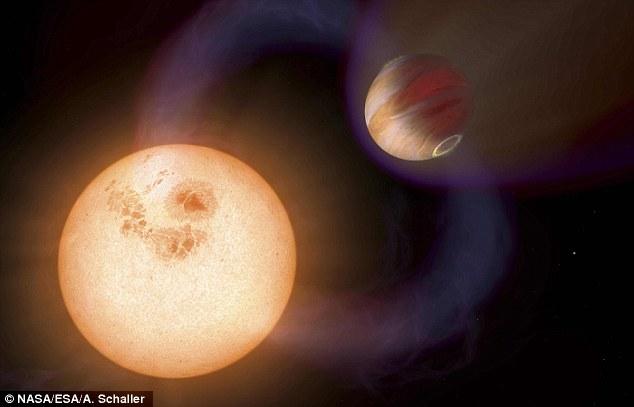
DNA and RNA are the building blocks of life that keep all of our genetic information and pass it on to future generations. All life on Earth depends on chemical reactions, and many of them are too slow without catalysts. Each human cell contains thousands of different enzymes, most of which are proteins.
However, some of the vital reactions require the participation of RNA. It is believed that life arose during the evolution of self-copying RNA enzyme.
A new study has shown that DNA and RNA are not the only molecules capable of storing genetic information and, together with proteins are not the only molecules that are able to form enzymes. There are alternative solutions that do not exist in nature, but supporting the catalytic processes required to sustain life. Scientists do not exclude that RNA and DNA could only be an accident of prehistoric chemistry.
In 2012 a group of researchers showed that six alternative molecules, called XNAs that can store genetic information and evolve through natural selection. On the basis of these xenosociology acids have been created by artificial catalysts. New enzymes functionally similar nature, but are characterized by high stability. The latter quality gives an extra advantage in the search for new ways of treatment of various diseases, including cancer and viral infections, which develop due to the natural processes in the body.
Improved chemical endurance XNAs artificial molecules provides protection from destroying the body's natural enzymes. Synthetic enzymes attract scientists that can be of great help in long-term treatment of diseases associated with RNA.
The results of the study were published in the journal Nature.
Source: hi-news.ru
Stephen Hawking is still very unhappy with the development of artificial intelligence
Cheating glad: how our brain helps scammers
